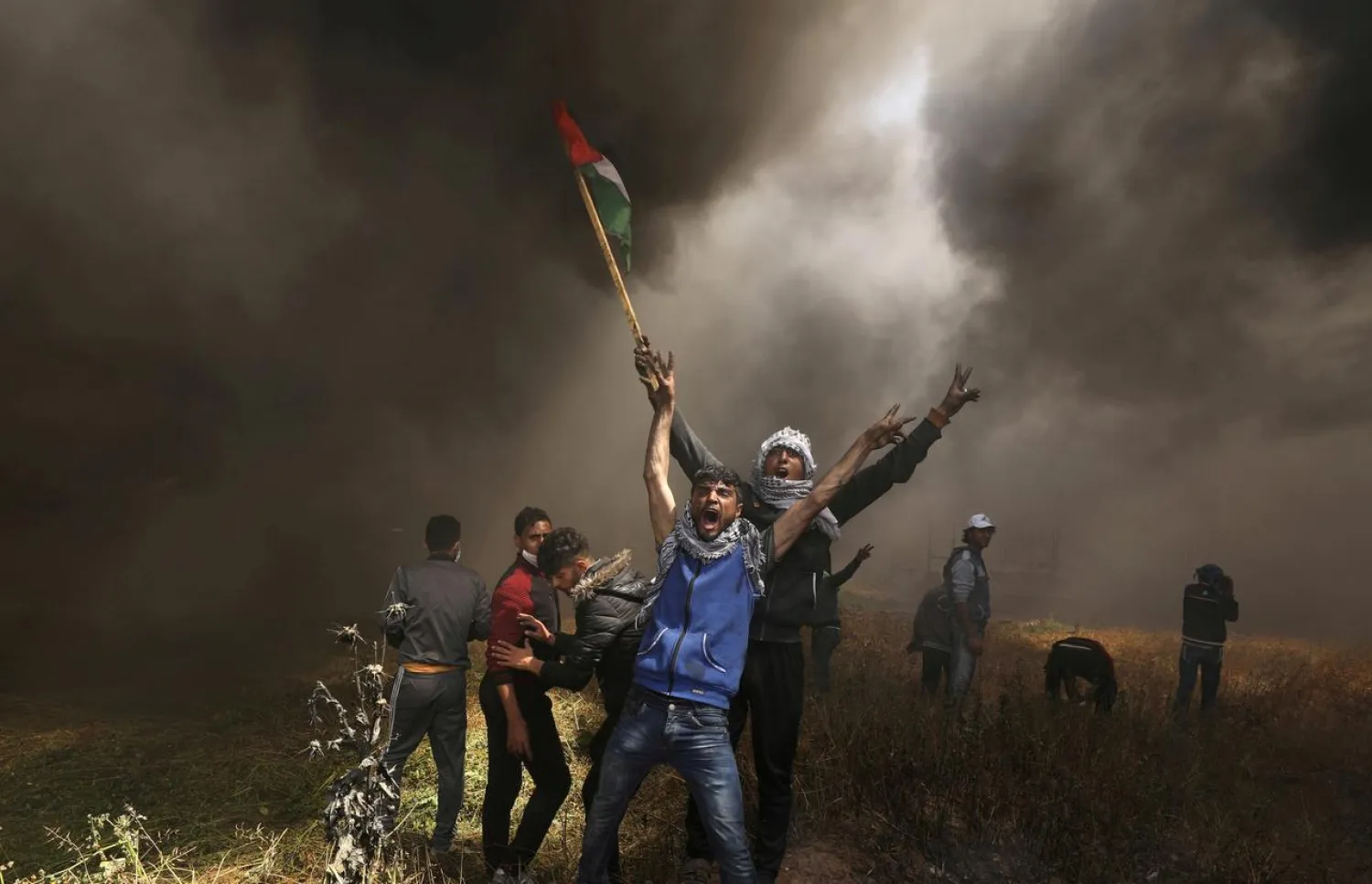Palestinian Prime Minister Mohammad Shtayyeh has called for the formation of an international coalition with the aim of finding a just and comprehensive solution to the Palestinian cause.
He called upon the international quartet – the European Union, Russia, United Nations and United States - to lead the alliance.
During his meeting with UN Special Coordinator Nickolay Mladenov, Shtayyeh discussed the latest political developments and reiterated the Palestinian position in rejecting Israel’s annexation of parts of the West Bank and the so-called US deal of the century.
The PM lauded the UN efforts in supporting Palestine during the coronavirus pandemic, and discussed a UN intervention in organizing the return of workers from Israel during Eid al-Adha.
Shtayyeh’s demand for an international coalition led by the Quartet confirms the Palestinians' willingness to deal with the US administration, as long as it is not the only sponsor of the political process.
Earlier, Mladenov warned that the Palestinian Authority (PA) is on the verge of "total collapse" due to the coronavirus pandemic and the crisis has been exacerbated by Israel's pending bid to extend sovereignty to large parts of Judea and Samaria and the Jordan Valley.
Mladenov told the UN Security Council’s monthly meeting that Palestinian revenues dropped 80 percent in May, at a time when Palestinians in all parts of the occupied territories need services and support from the Authority more than ever.
“It is unclear whether the Palestinian government will have sufficient resources to make any future salary payments or, indeed, to continue to carry out its governing functions in the coming months.”
Mladenov focused on the escalating economic crisis in the Palestinian territories, as a result of the political confrontation, and increase in the unemployment rate due to the lockdown, and measures imposed to curb the spread of the coronavirus.
Meanwhile, the Secretary General of the Palestine Liberation Organization (PLO), Saeb Erekat, said that the Palestinian leadership will not meet with the US administration because of its positions.
Speaking at an online seminar, Erekat added that the Trump administration has taken 48 measures against the Palestinian people since December 2017, including the recognition of Jerusalem as the capital of Israel and the transfer of the US embassy to it.
He continued that the annexation plan gives Israel the right to decide the fate of Palestinians, which is considered a war crime.
He also indicated that Palestine will refer to the International Criminal Court regarding Israel’s crimes, to ensure they won’t happen again.
Erekat added that Israel wants the Authority to be an instrument that ensures the occupation remains, stressing that it won’t happen because the goal is to take Palestinians from occupation to independence.
At the end of his statement, the Palestinian official stressed that annexing any part of the West Bank will end the existence of the Authority, and let the occupation assume all its responsibilities.









